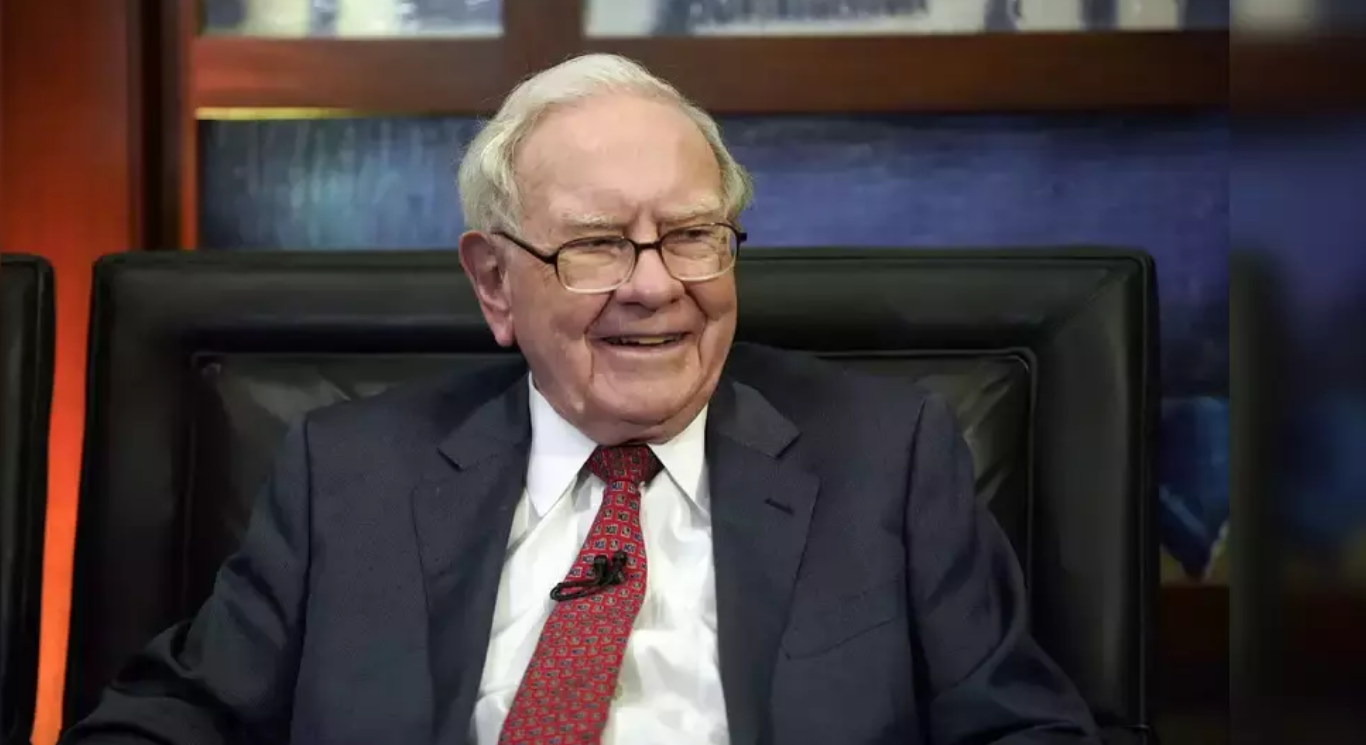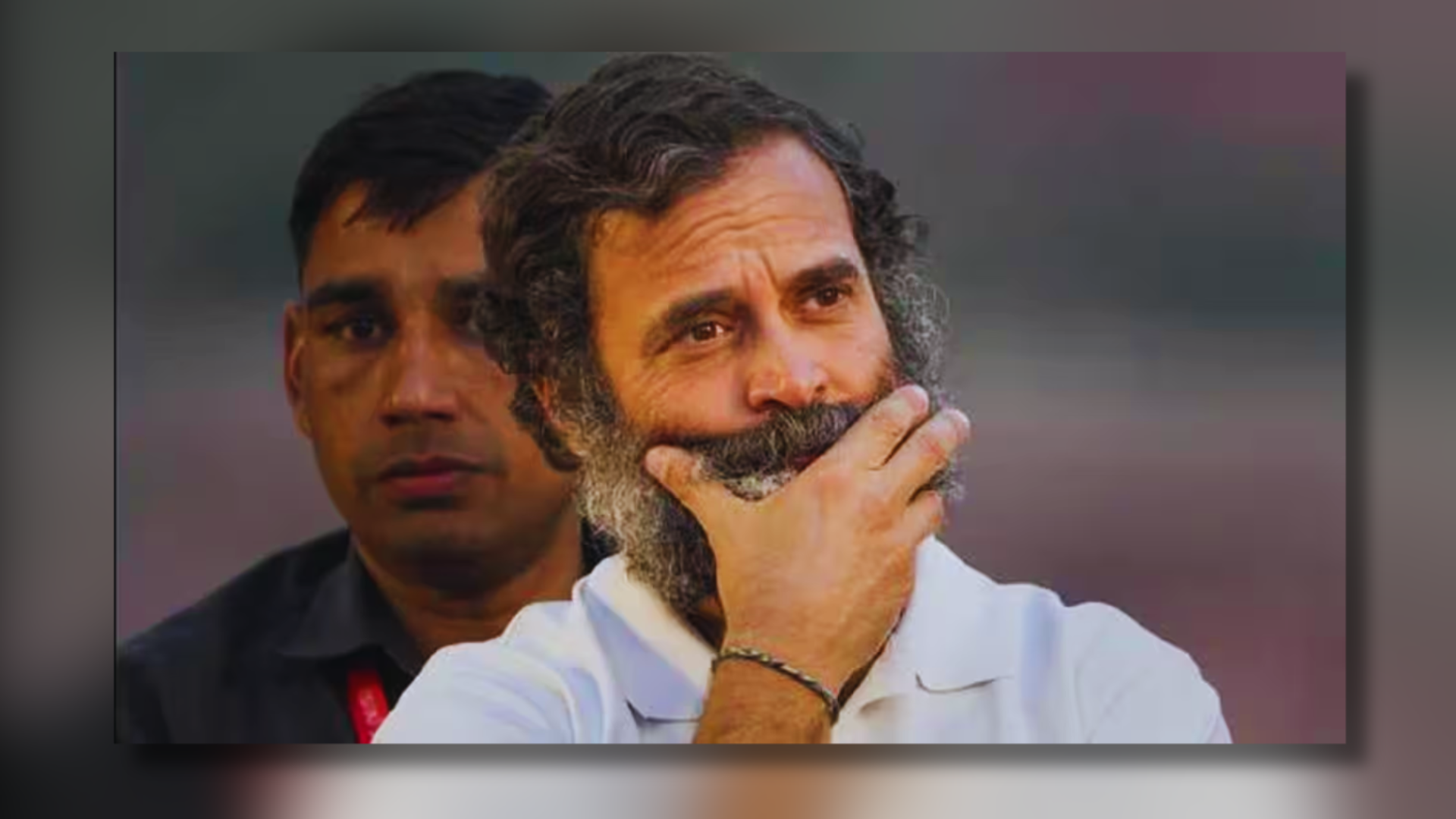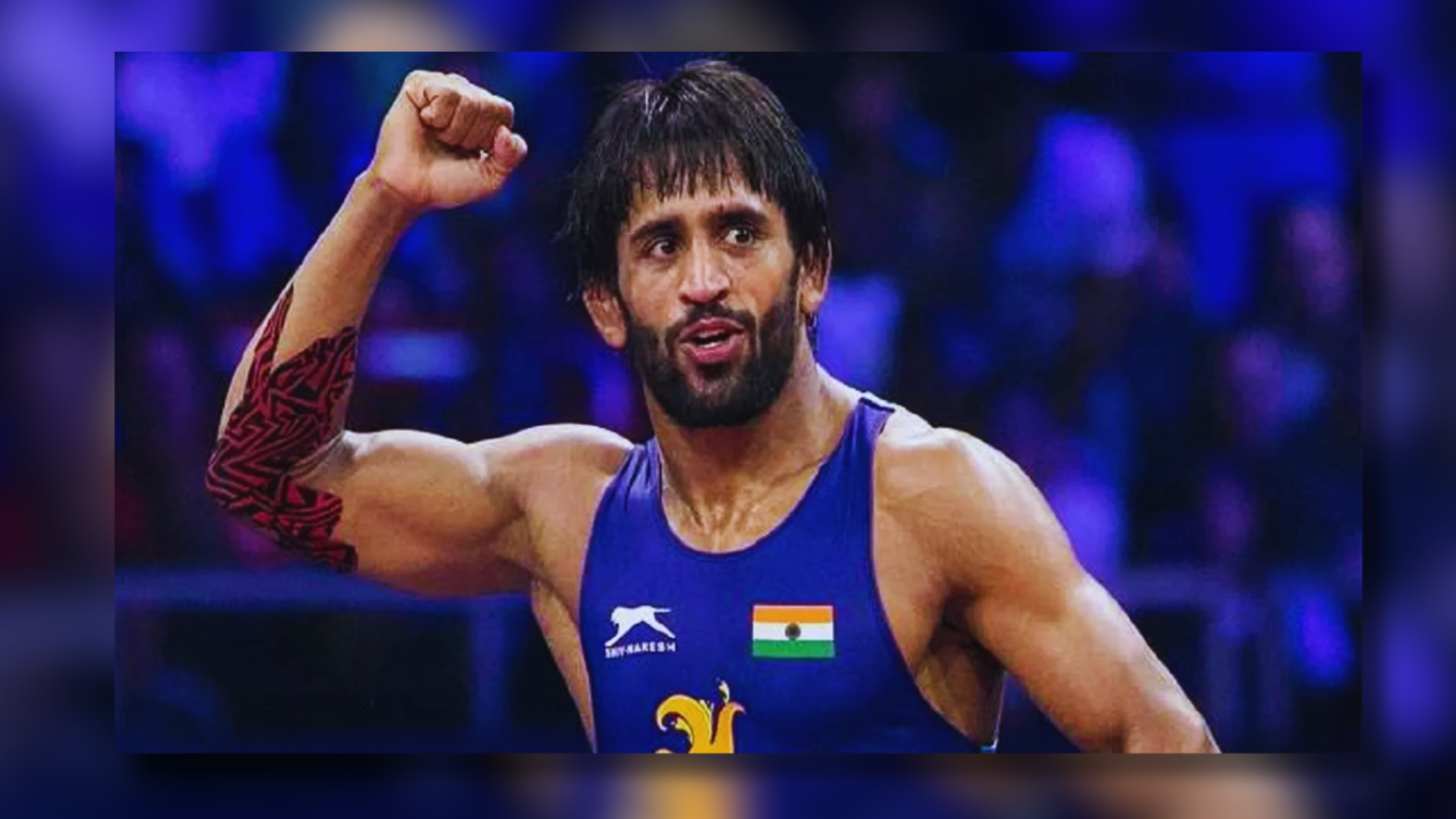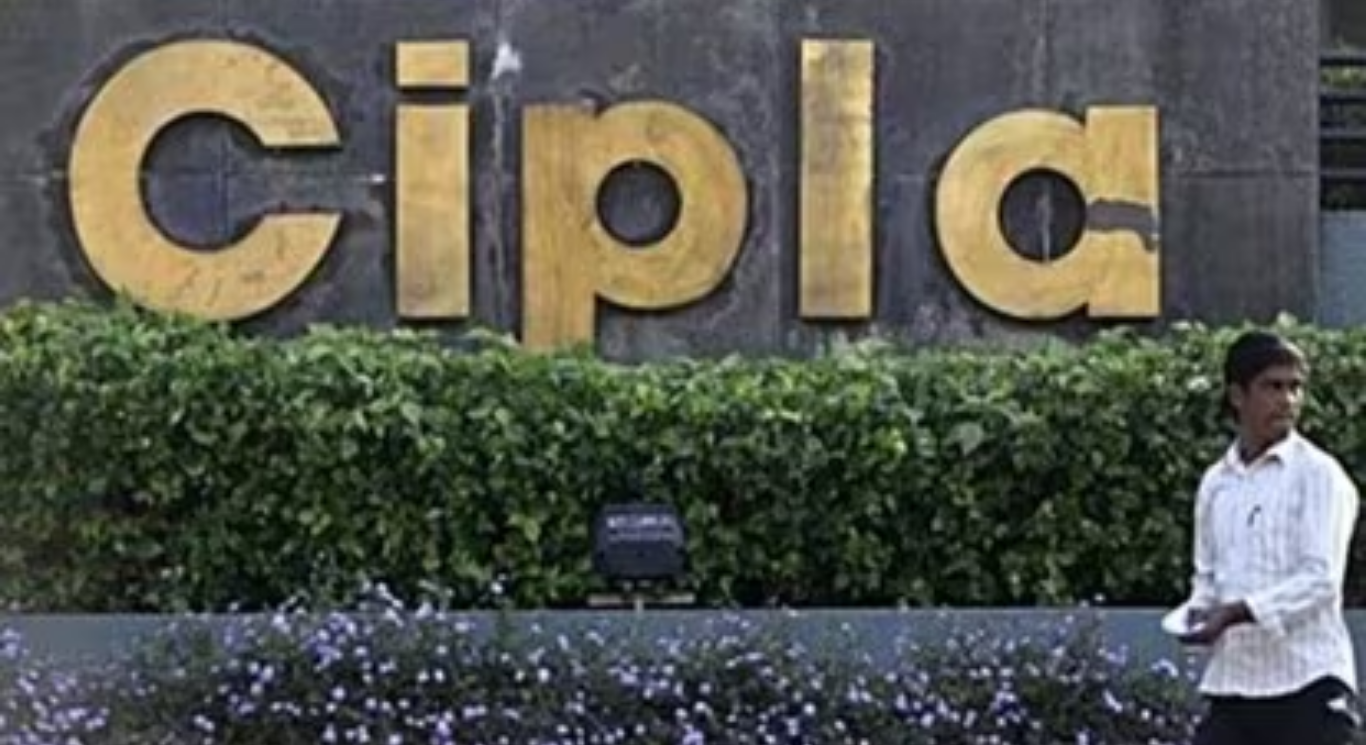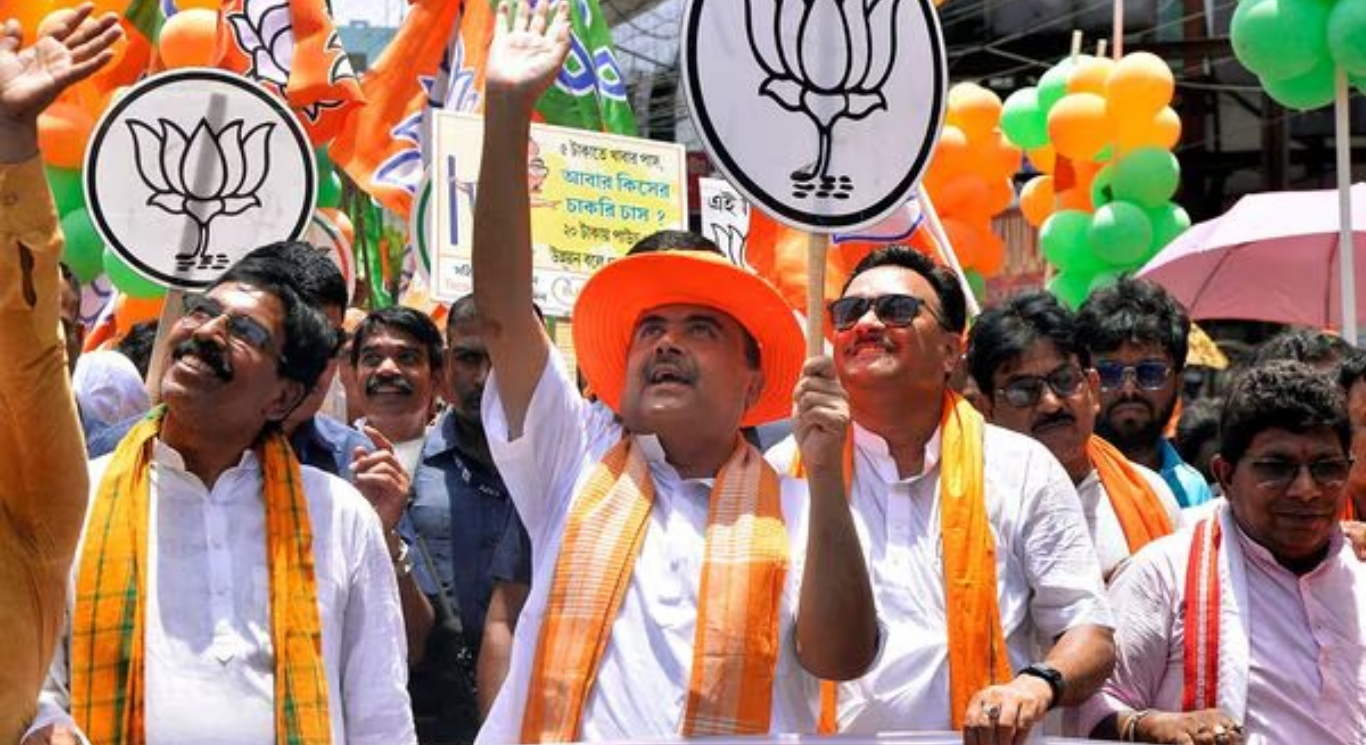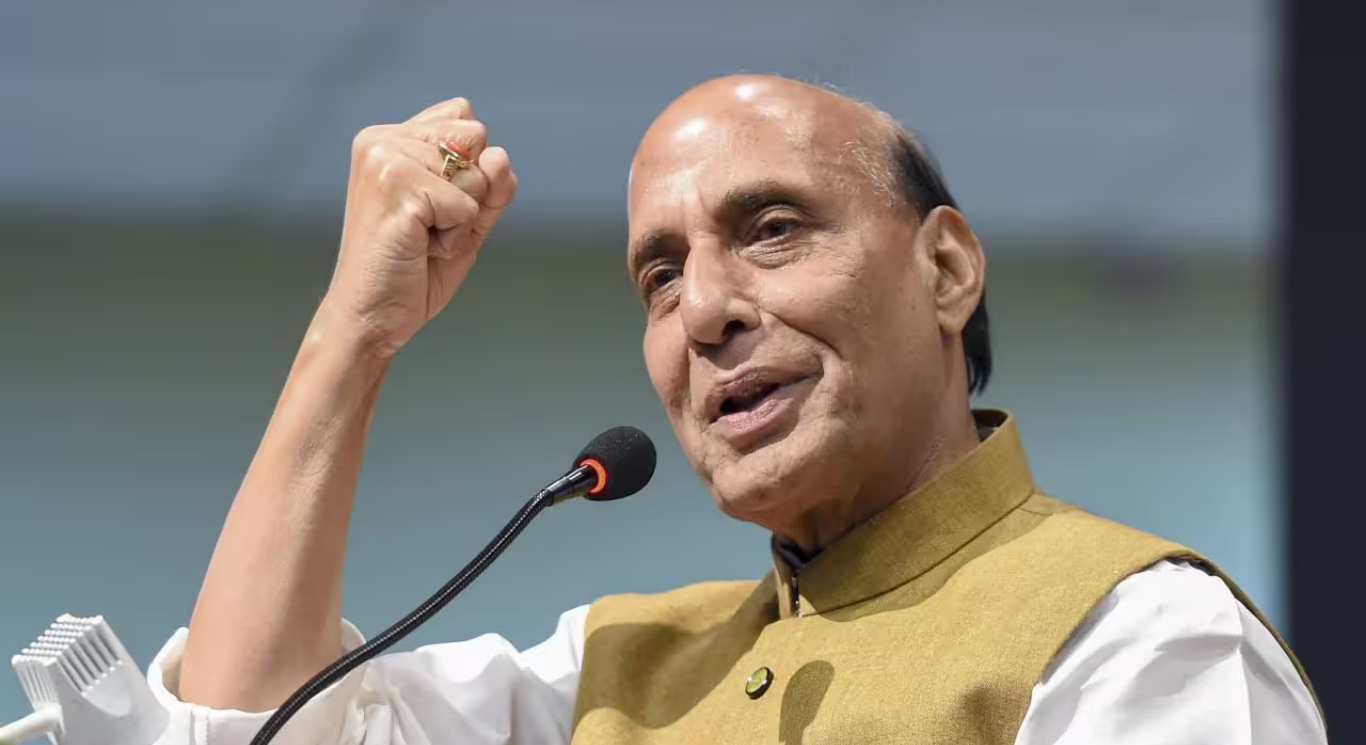


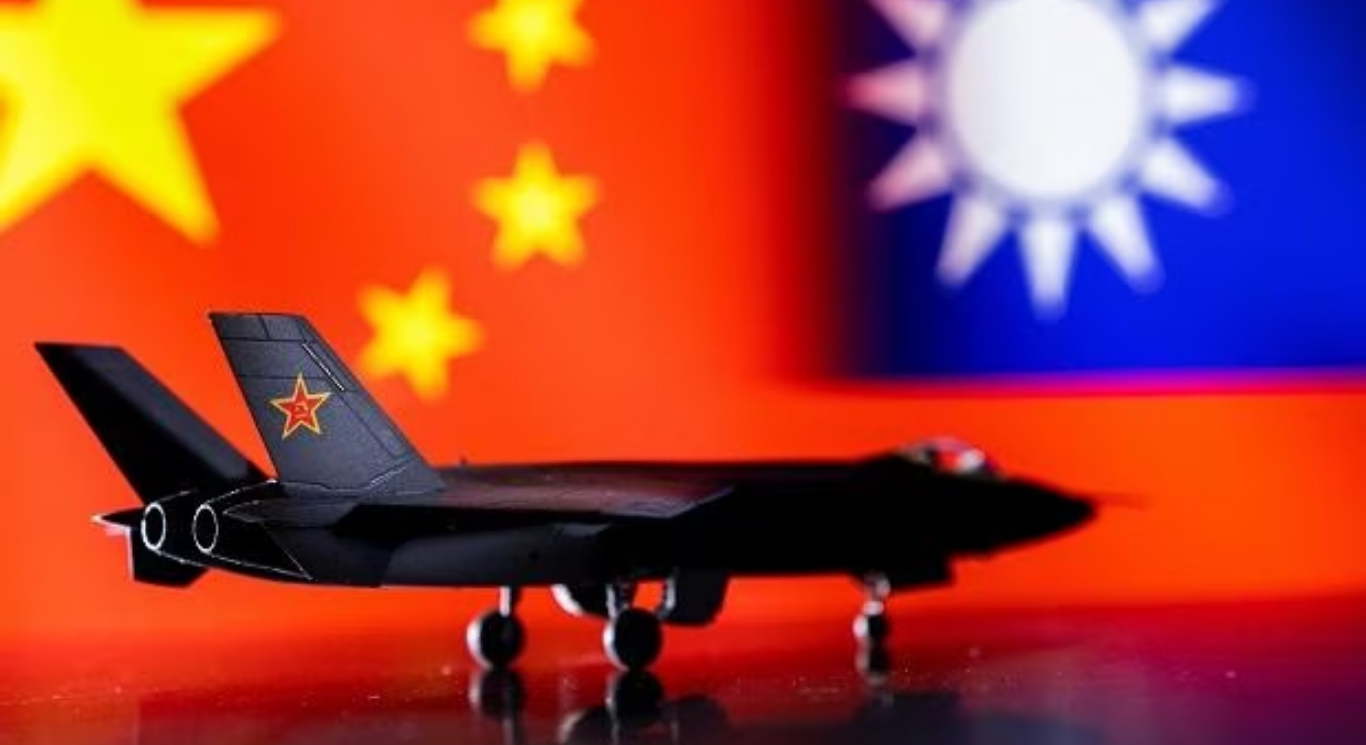

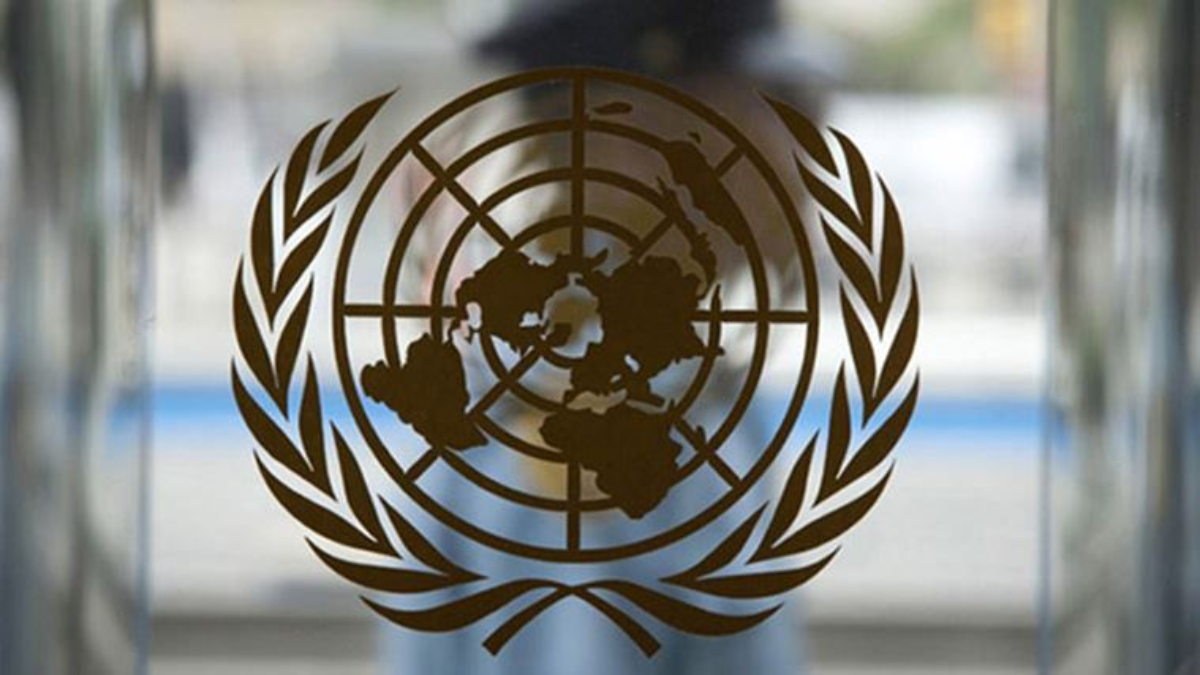
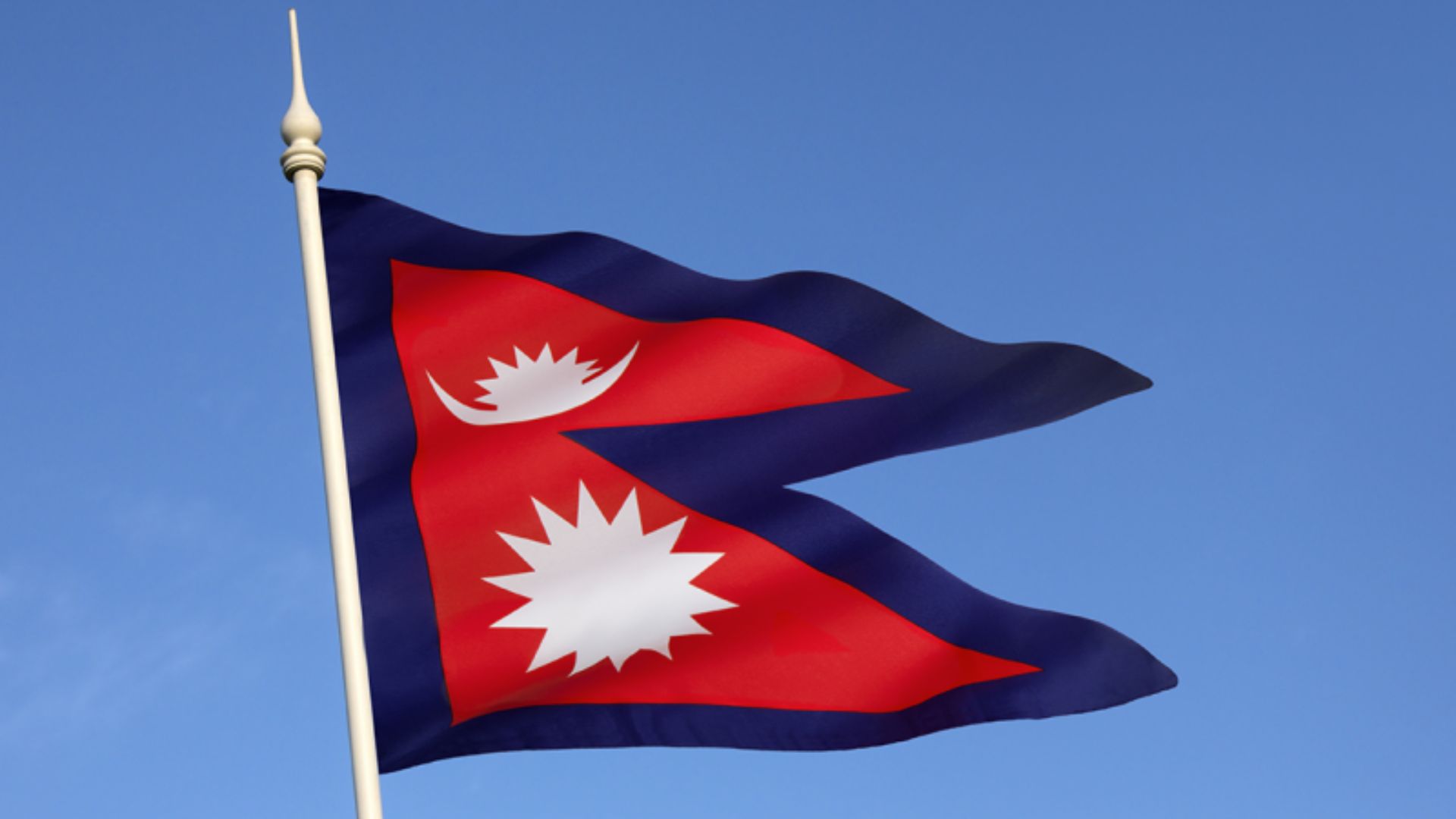

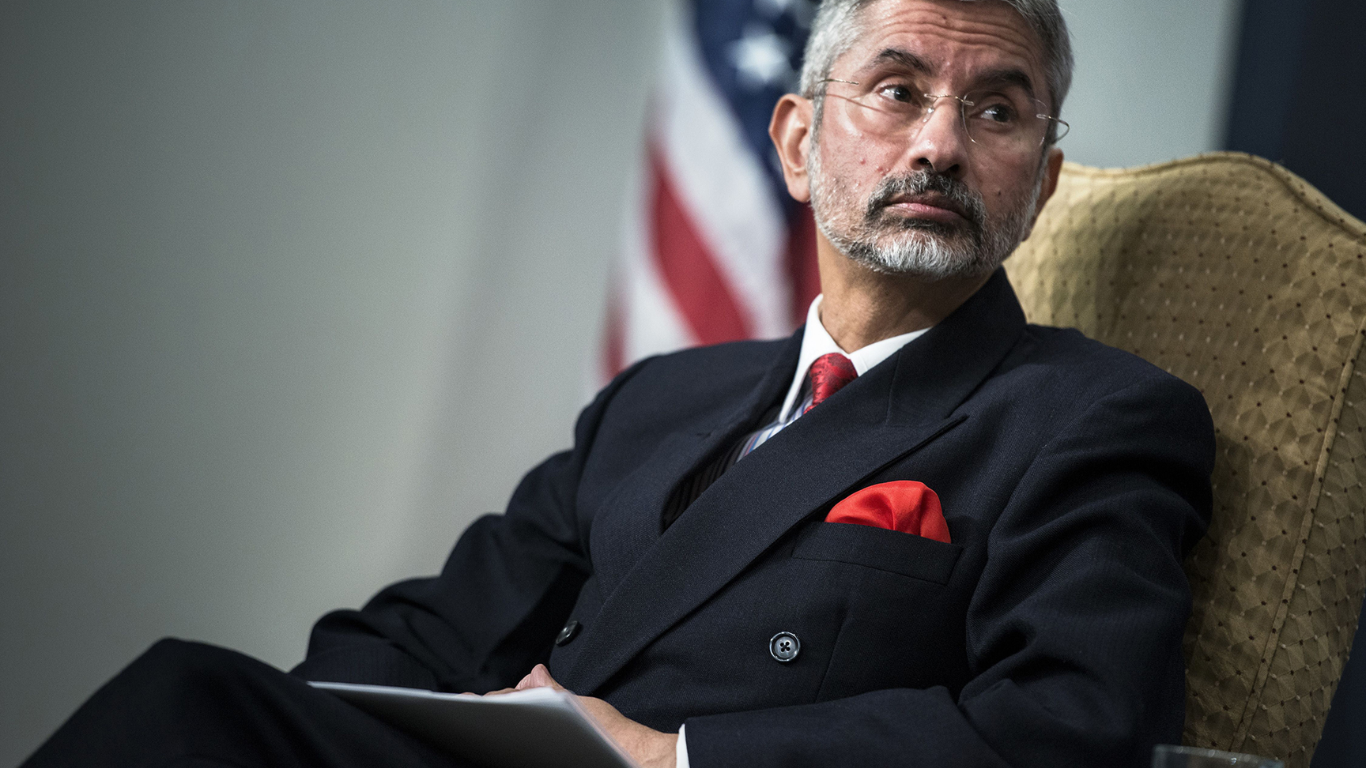
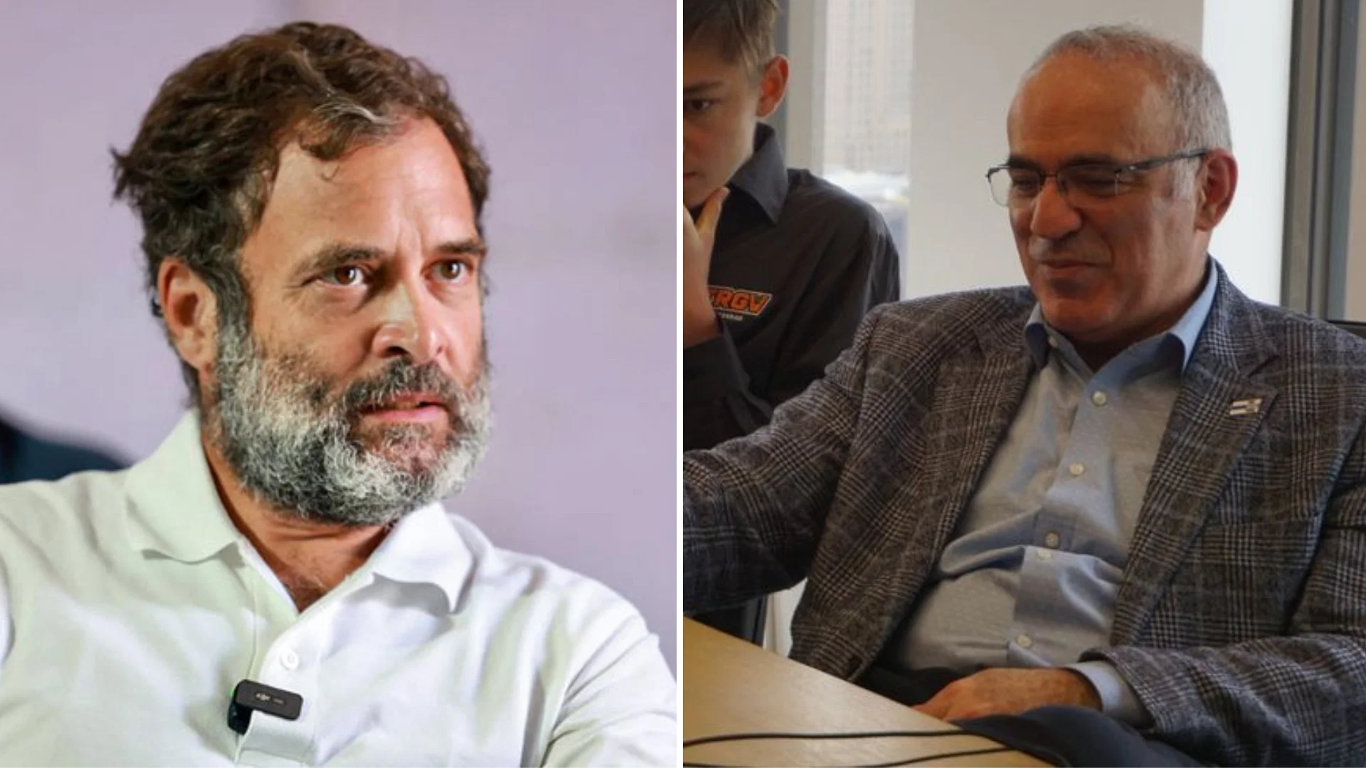
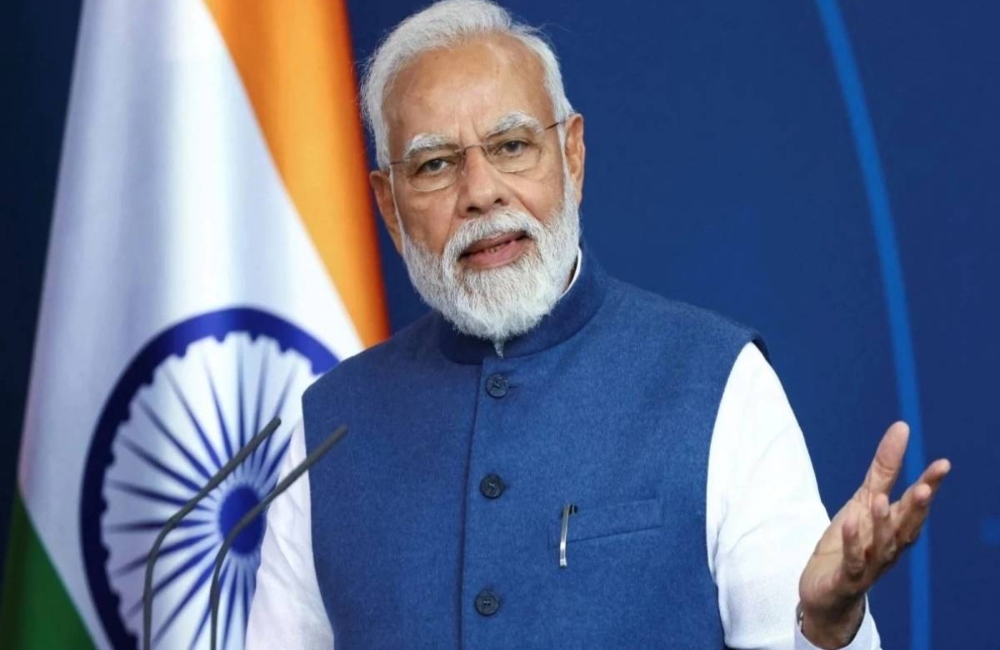
As India’s G20 presidency began on December 1, Prime Minister Narendra Modi set the tone for country’s presidency by focusing on the profound spiritual underpinnings of Indian philosophy and calling for a paradigm change that focuses on human-centric globalisation.
PM Modi in his blog post on December 1 stated “The agenda for India’s G20 presidency will be inclusive, ambitious, action-oriented, and decisive. Let us all work together to make India’s G20 presidency one of reconciliation, unity, and optimism. Let us collaborate to create a new paradigm of human-centered globalisation.”
Prime Minister praised the previous 17 presidencies of the G20, saying that they effectively secured macroeconomic stability, streamlined international taxes, and helped nations ease debt burdens, among other things.
He noted that mankind has so far contended for limited resources characterised by confrontation and rivalry – between ideas, ideologies, and identities – when discussing the formation of human history.
Furthermore, Prime Minister Modi wonders whether the G20 can catalyse a fundamental attitude shift that will benefit mankind as a whole – a shift away from a zero-sum thinking, fights over territory or resources, weaponization of critical items, and so on.
He questioned the claim that humans are fundamentally selfish, and that conflict and greed are merely part of human nature, by questioning why so many spiritual traditions that espouse our underlying oneness have persisted since time immemorial.
He inquired, “Some may claim that conflict and greed are simply human characteristics. I strongly disagree. What would explain the long-lasting attractiveness of so many spiritual traditions that preach the underlying oneness of us all if people were naturally selfish?”
He mentioned a prevalent Indian belief that all living beings, even inanimate objects, are made up of the same five fundamental elements: earth, water, fire, air, and space. “Harmony among these aspects, both inside and between us, is critical for our physical, social, and environmental well-being” he added.
He went on to say, “The G20 presidency of India would endeavour to foster this worldwide feeling of oneness. As a result, our theme is One Earth, One Family, One Future.”
Prime Minister bemoaned that, despite having the ability to generate enough to fulfil the fundamental requirements of all people throughout the world, we have collectively failed to recognise and recognised the need to forego the battle for existence in favour of a more peaceful and prosperous future.
He emphasised the fact that “Our time does not have to be one of conflict. It certainly can’t be one!” The statement might be seen as his sense of urgency to eliminate poverty and inequality, as well as the necessity to stop wasting resources on pointless wars. This is achieved through encouraging open and flexible dialogue.
Pointing to the world’s greatest concerns, such as climate change and terrorism, he stated that these issues could only be handled by working together, rather than battling each other.


